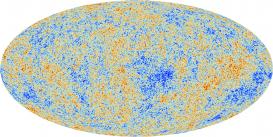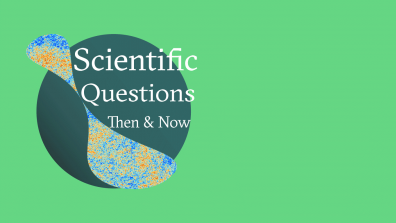This group examines questions related to experience that seem to recur in the history of science and philosophy. We invite practicing scientists, historians of ancient and medieval philosophy, and historians of science to reflect on the relevance of these questions to their own research practices and those of the historical actors they study. Our aim is to understand how the epistemic, social, and moral contours of experience in the premodern sciences align with those of the modern sciences up to the present day.
Lecture Series
How are scientific questions posed and answered by scientists, from premodern times until today? Despite radical changes in world views, the apparent persistence of certain recurrent questions in the history of science is striking: examples of such questions include “Where does the world come from?,” “What is it made of?,” “What is life?,” “What is consciousness?,” and “Is the world knowable?”
Our speakers’ series “Scientific Questions Then and Now” seeks to understand the extent to which such recurrent questions have in fact remained “the same.” One key goal of this series will therefore be to determine whether there is or is not any core notion of science that remains constant from premodern times to the present, a core notion that would allow for meaningful discussion and communication among representatives of different historic traditions of science.
We will bring together contemporary scientists with historians of premodern philosophy, to ask whether some of these recurrent questions may still be relevant to contemporary scientific research and practice.
The series is organized and moderated by professors Katja Krause, John Michael Chase, and Alexander Blum.


